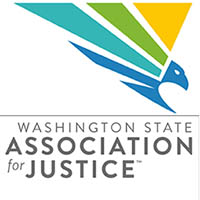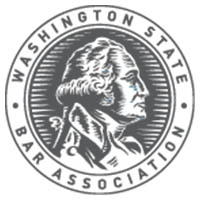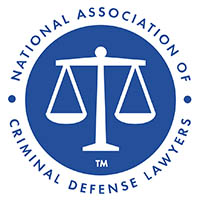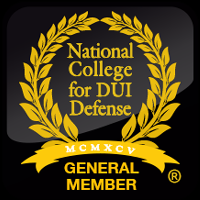
We win with tough defense - (206) 453-1800
Considering Contesting a Ticket? Here's What to Know.
How Contested Hearings for Traffic and Speeding Tickets Work
If you have been ticketed in Washington State for speeding, or another traffic infraction, you have the right to make the prosecutor prove the case against you. The contested hearing is your opportunity for 'trial.' Because traffic infractions are civil cases (i.e. not criminal charges) there are a number of difference between a criminal trial and a contested hearing.NO JURY: You do not have the right to trial by jury for a speeding ticket or other civil infraction. The judge is the sole trier of fact and will determine both the admissibility of the evidence and if there is sufficient facts to support a finding of committed.
LOWER STANDARD OF PROOF: The judge only needs to decide that you committed the offense by a 'preponderance of the evidence' (more likely to be true than not true). This is requires a lot less evidence that the criminal standard of 'beyond a reasonable doubt.'
HEARSAY EVIDENCE IS ALLOWED: In some cases, evidence can be presented without the person giving the statement being required to be present in court. Police officers can testify through written affidavit, accident reports and other written documents.
NO MANDATORY COURT: You can have a lawyer appear on your behalf. You do not have to show up to a contested traffic hearing. (If you do not appear or have a lawyer appear for you the ticket will be found committed by default).
GUILTY vs COMMITTED: Traffic tickets are found committed or not committed, instead of guilty or not guilty.
NO JAIL: The consequences for losing a contested hearing are much different than a criminal trial. You cannot be sentenced to jail or probation on a traffic ticket. A committed finding can affect your insurance rates, license status and, for some people, employment opportunities.
APPEAL: You do have the ability to appeal a committed finding at a contested hearing through a very similar process to appeals of criminal convictions. If you don\'t contest the ticket you waive any appeal rights.
To be successful at contesting tickets, one must have extensive knowledge of the Rules of Evidence, Civil Rules of Procedure, Infraction Rules, Court Rules and Local and State Traffic Law. The lower standard of proof and easier presentation of evidence means that few traffic cases are won or lost on the facts. Instead, a good ticket attorney assesses your case against hundreds of 'technicalities' in the rules, procedures and laws to fight your case.
If you want to contest your ticket your chances of prevailing are significantly higher if you have an attorney representing you. Remember you have 15 days from the date of the incident (or 18 days from the date of mailing, if the ticket was mailed to you) to request a contested hearing. Do not miss this deadline or you may forfeit your right to have your case heard in court.





